Teen Pregnancy: Statistics and Federal Prevention Programs
Teen childbearing is associated with adverse health and social outcomes for teen mothers and their children, although these outcomes often reflect preexisting social deficits. Compared with women who delay childbearing until their 20s, teen mothers are more likely to drop out of school and have low educational attainment; to face unemployment, poverty, and welfare dependency; to experience more rapid repeat pregnancy; to become single mothers; and to experience divorce, if they marry. Infants of teen mothers are more likely to be premature and experience infant mortality. The children of teenage mothers do less well on indicators of health and social wellbeing than do children of older mothers. This book briefly examines some of the data collected by the National Center for Health Statistics on teenage childbearing, offers potential reasons for high teen pregnancy and birth rates, and provides basic information on federal programs whose purpose is primarily to delay sexual activity among teenagers and to reduce teen pregnancy. It also discusses the decline is state teen birth rates by race and Hispanic origin; birth rates for Unites States' teenagers; and the Personal Responsibility Education Program (PREP).
{{comment.content}}
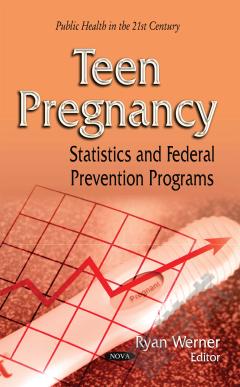
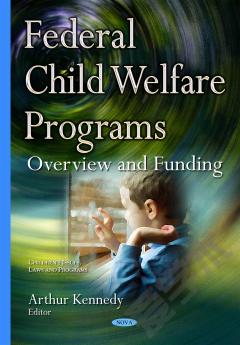

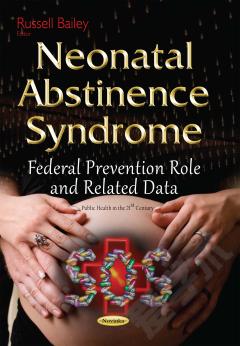
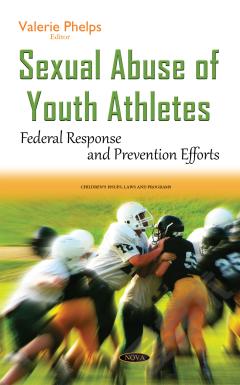
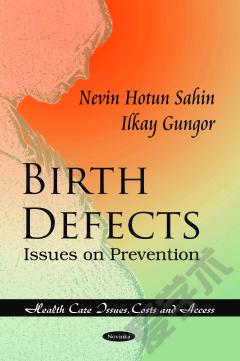


 京公网安备 11010802027623号
京公网安备 11010802027623号